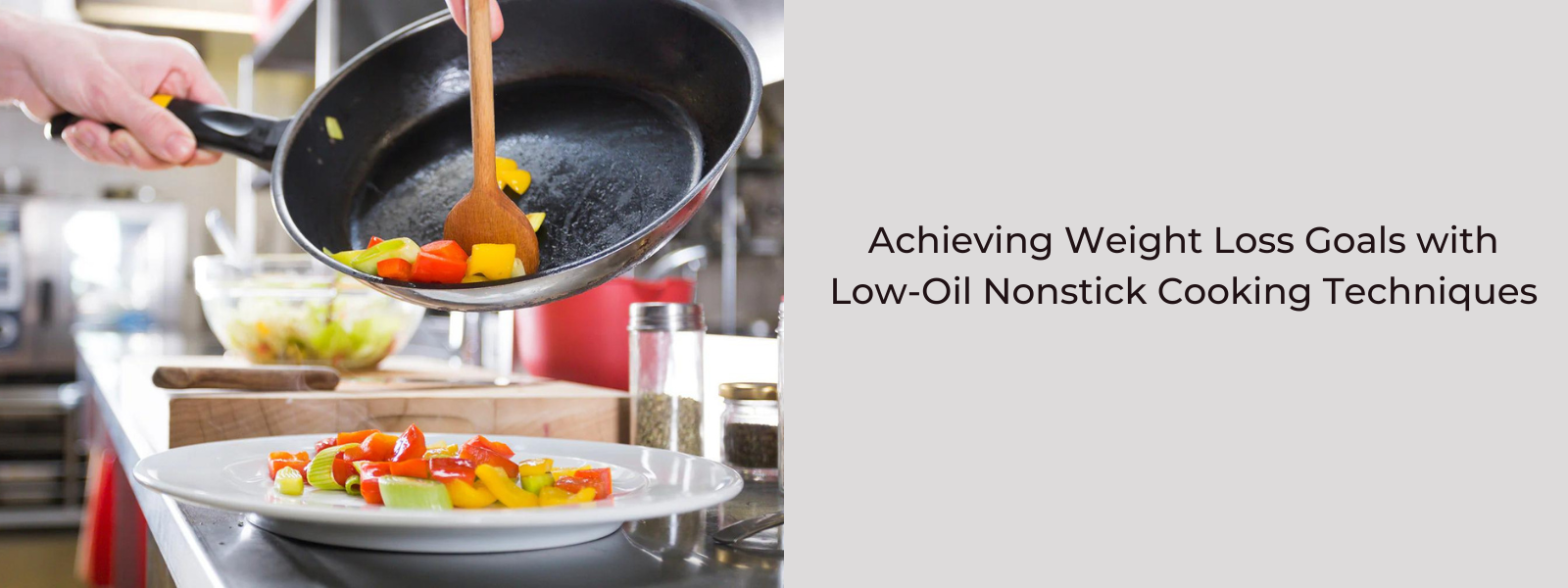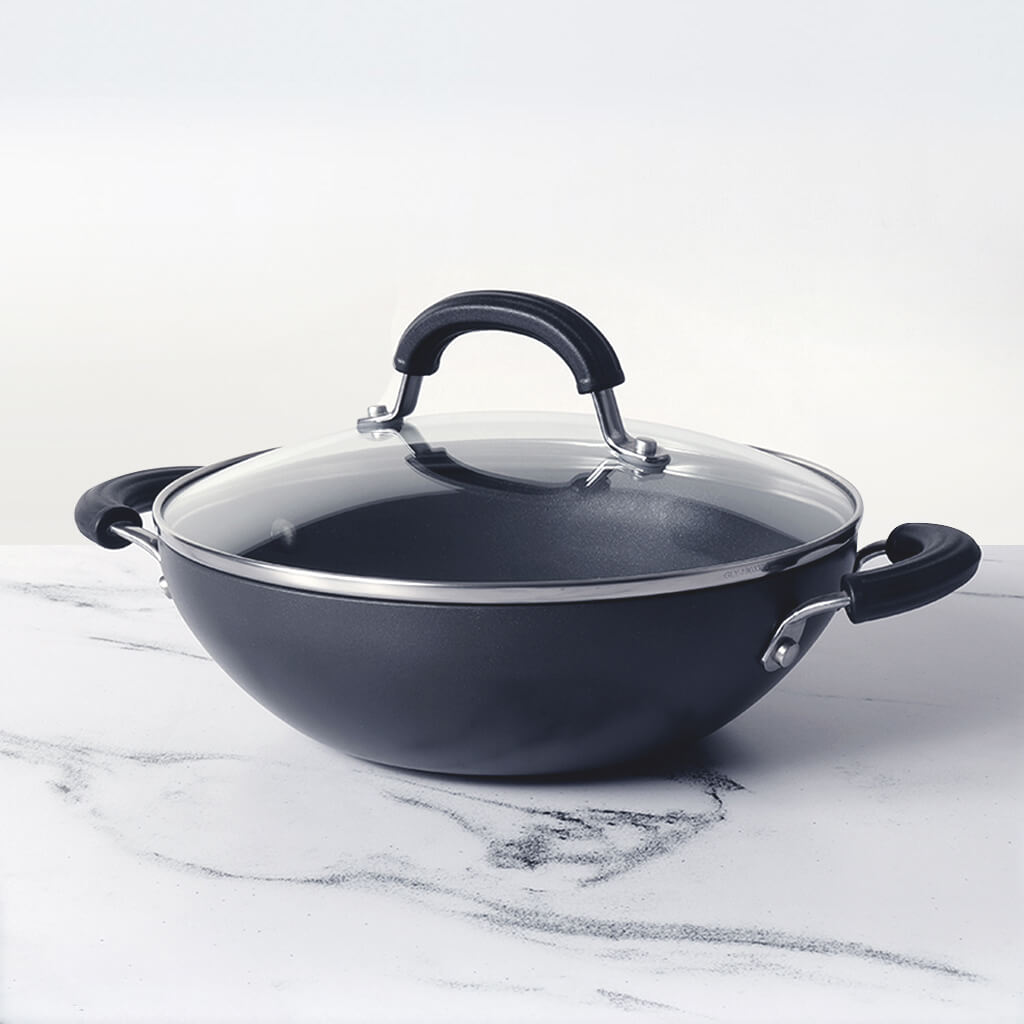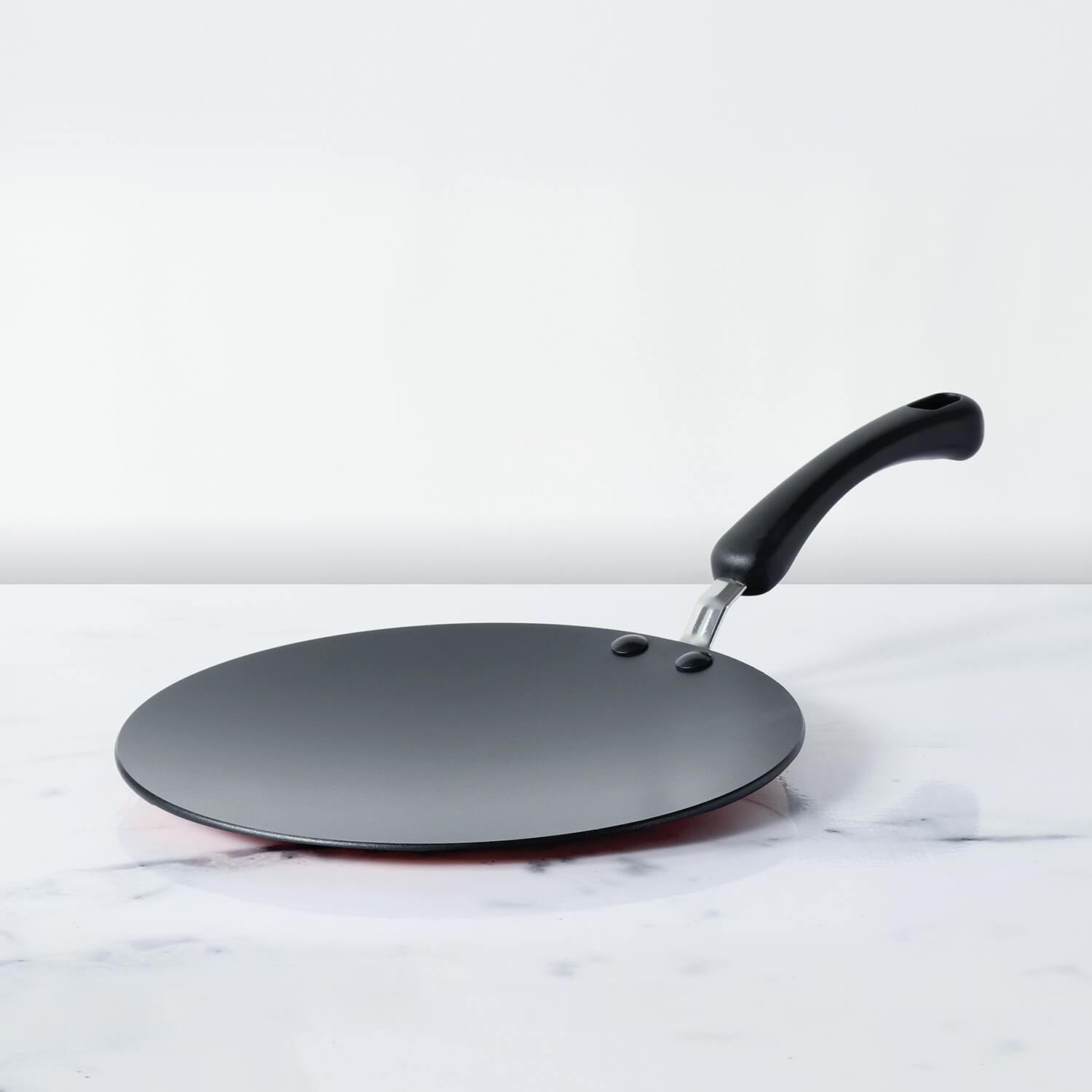The impact of oil consumption on weight and health is significant and multifaceted. Oils are calorie-dense and high in fat, making them a concentrated source of energy. Consuming excessive amounts of oil can contribute to weight gain and obesity, as it adds extra calories to the diet without providing significant satiety. Moreover, certain oils, particularly those high in saturated and trans fats, have been linked to adverse effects on cardiovascular health, including increased risk of heart disease and elevated cholesterol levels. Additionally, repeated exposure to high temperatures during cooking can lead to the formation of harmful compounds in oils, which may contribute to inflammation and insulin resistance, thereby affecting blood sugar levels and metabolic health. While oils are essential for cooking and provide important nutrients, such as fat-soluble vitamins, it's crucial to consume them in moderation and opt for healthier options like olive oil or avocado oil to mitigate potential negative impacts on weight and overall health.
Table of Contents
How Does Oil Consumption Impact Weight And Health?
Oil consumption can have a significant impact on weight and health due to its calorie density and composition. Oils are high in calories, with approximately 120 calories per tablespoon, making them a concentrated source of energy. Consuming excessive amounts of oil can contribute to weight gain and obesity, as it adds extra calories to the diet without providing significant satiety. Additionally, certain oils, particularly those high in unhealthy fats like saturated and trans fats, can have adverse effects on cardiovascular health. These fats may increase levels of LDL (bad) cholesterol and raise the risk of heart disease and stroke. Moreover, repeated exposure to high temperatures during cooking can lead to the formation of harmful compounds in oils, which may promote inflammation and insulin resistance, impacting blood sugar levels and metabolic health. While oils are essential for cooking and provide important nutrients, such as fat-soluble vitamins, it's crucial to consume them in moderation and opt for healthier options like olive oil or avocado oil to mitigate potential negative impacts on weight and overall health.
Tips And Tricks To Minimise Oil Consumption For Weight And Health:
Minimizing oil consumption can be beneficial for weight management and overall health. Here are some tips and tricks to help reduce oil intake:
- Use Non-Stick Cookware: Non-stick cookware requires less oil for cooking as food is less likely to stick to the surface. This allows you to use minimal amounts of oil or even cook without oil altogether.
- Opt for Healthy Cooking Methods: Choose cooking methods that require less oil, such as baking, grilling, steaming, roasting, or broiling. These methods help retain the natural flavors of ingredients without the need for excess oil.
- Use Oil Sprayers or Brushes: Instead of pouring oil directly onto food or into the pan, use oil sprayers or brushes to lightly coat the surface. This helps distribute a thin layer of oil more evenly, reducing overall consumption.
- Choose Healthier Oils: When using oil, opt for healthier options like olive oil, avocado oil, or coconut oil. These oils are rich in monounsaturated or polyunsaturated fats, which are considered heart-healthy when consumed in moderation.
- Portion Control: Be mindful of portion sizes when cooking with oil. Measure out the amount of oil needed for a recipe rather than pouring it directly from the bottle. This helps prevent overuse and unnecessary calorie intake.
- Use Flavorful Alternatives: Experiment with using flavorful ingredients like herbs, spices, citrus juices, vinegar, or low-sodium sauces and marinades to enhance the taste of your dishes without relying solely on oil.
- Limit Fried Foods: Fried foods are typically high in oil and calories. Limit your intake of fried foods and opt for healthier alternatives like baked or air-fried versions whenever possible.
- Focus on Whole Foods: Incorporate more whole foods like fruits, vegetables, whole grains, and lean proteins into your diet. These foods are naturally low in oil and provide essential nutrients, fiber, and antioxidants for optimal health.
- Practice Moderation: While minimizing oil consumption is beneficial, it's also important to enjoy foods in moderation. Balance is key to maintaining a healthy diet and lifestyle.
How Can Less Oil Consumption Contribute To Weight Loss?
Less oil consumption can contribute to weight loss through several mechanisms:
- Reduced Caloric Intake: Oil is calorie-dense, providing approximately 120 calories per tablespoon. By consuming less oil, you lower your overall calorie intake, creating a calorie deficit that can lead to weight loss over time.
- Lower Fat Intake: High-fat diets, particularly those rich in unhealthy fats like saturated and trans fats found in many cooking oils, are associated with weight gain and obesity. By reducing oil consumption, you decrease your intake of these unhealthy fats, which can support weight loss and improve metabolic health.
- Promotes Healthier Cooking Methods: Cooking with less oil encourages the use of healthier cooking methods, such as baking, grilling, steaming, or sautéing with water or broth. These methods reduce the need for added fats while preserving the natural flavors and nutrients of foods.
- Encourages Portion Control: Using less oil in cooking encourages portion control and mindful eating habits. It prompts you to focus on the natural flavors of ingredients and rely less on added fats for taste, leading to smaller portion sizes and reduced calorie intake.
- Increases Nutrient Density: By minimizing oil consumption, you make room for more nutrient-dense foods in your diet, such as fruits, vegetables, whole grains, and lean proteins. These foods are lower in calories and higher in essential nutrients, fiber, and antioxidants, supporting overall health and weight management.
Best Cookware For Less Oil Consumption and Better Health:
Meyer cookware presents an ideal solution for those seeking to reduce oil consumption, promote weight loss, and improve overall health. Engineered with advanced non-stick coatings and innovative designs, Meyer cookware allows for cooking with minimal or no oil, enabling healthier food preparation methods. By using non-stick surfaces that require less oil, individuals can significantly decrease their overall oil intake, leading to a reduction in calorie consumption and potentially aiding in weight loss efforts. Furthermore, Meyer cookware facilitates the use of healthier cooking techniques, such as baking, grilling, and sautéing with minimal oil or alternative liquids, promoting better health outcomes. With its versatile and efficient performance, Meyer cookware empowers individuals to create delicious and nutritious meals while supporting their goals for decreased oil consumption, weight management, and enhanced well-being.











Leave a comment